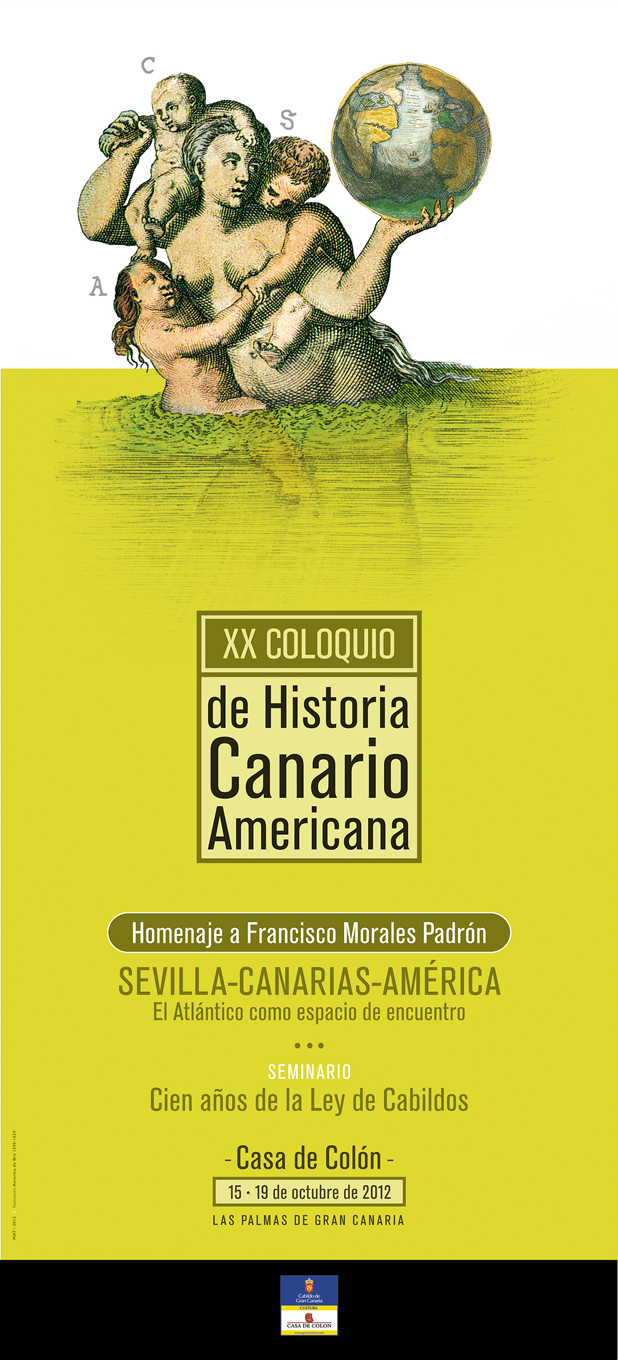Cabildos en América, entre la historia y la memoria. Los usos del pasado en los textos escolares argentinos, 1880-1930 / Cabildos in America, between history and memory. Uses of the past in Argentine textbooks, 1880-1930
Palabras clave:
Cabildo, historia, memoria, usos del pasado, libros escolares, Cabildos, history, memory, uses of the past, school booksResumen
Dotar de una nación al Estado constituyó una arduatarea que atravesó el siglo XIX y se prolongó en el XX.Para la conformación de una memoria colectiva, consentimientos de pertenencia y asociada al patriotismose utilizaron, entre otros instrumentos, los libros detexto. Estos manuales inventariaron lo que había quesaber sobre la Argentina y difundieron un relatoidentificatorio, ocupando un espacio significativo en elestablecimiento de una visión compartida de la historianacional.Es recurrente en textos de diferentes autores ymomentos de edición el tratamiento destacado delCabildo. Por tanto, es objetivo de este trabajo revisarlas menciones y explicaciones relativas a los Cabildospresentadas en los libros de textos en uso en lasescuelas argentinas entre 1860 y 1930, para establecerlas características e importancia que se les otorgó en laépoca colonial, en el periodo revolucionario y en laposterior organización del Estado.
To endow the State with a Nation was the hardest taskwe had to go through along the 19th and 20th centuries.Textbooks were used, among other sources, for theconsolidation of a collective memory with a sense ofbelonging and embedded in patriotism. Thesetextbooks compiled what we needed to learn aboutArgentina and spread an identifying story, whichoccupied a significant place in the development of ashared vision of national history.The Cabildo took a significant place in textbooks fromdifferent writers and different editions. Therefore, theaim of this paper is to review the entries andexplanations concerning the city Councils presented intextbooks used in Argentinian schools between 1860and 1930, to establish the characteristics andimportance given to them in colonial times, in theIndependence Wars’ period and the subsequentorganization of the state.




